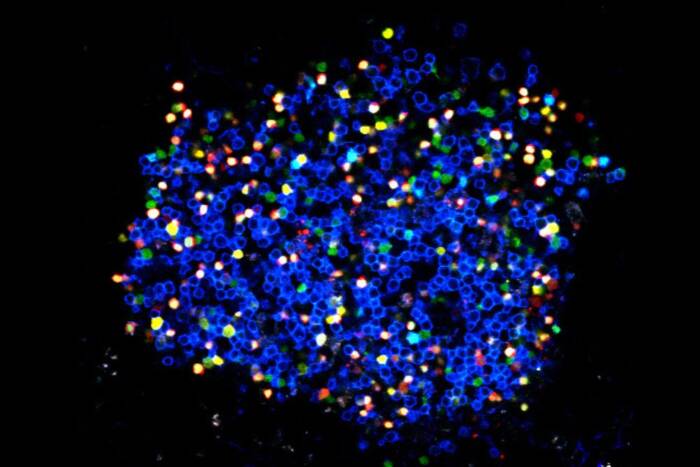In brief: A glimpse into the origins of antibiotic resistance
Some of the world’s deadliest infections are caused by methicillin-resistant Staphylococcus aureus (MRSA). A gene called mecA is known to be involved in the mechanism by which these bacteria grow resistant to virtually all antibiotics, but scientists know little about where this gene came from and how it evolved.
Now Rockefeller’s Alexander Tomasz and Hermínia de Lencastre, along with lead author Maria Miragaia and colleagues at ITQB-NOVA, have identified several genetic mechanisms by which MRSA may have arisen at multiple times during evolution through mecA. The researchers studied over 100 genomes of primitive staph species in the Staphylococcus sciuri group, the most abundant species of staphylococci that colonizes the skin of domestic and wild animals.
Their findings confirm the role that overuse of antibiotics—including medications used to treat infections in people and those used as food additives for livestock—play in the MRSA pandemic.



